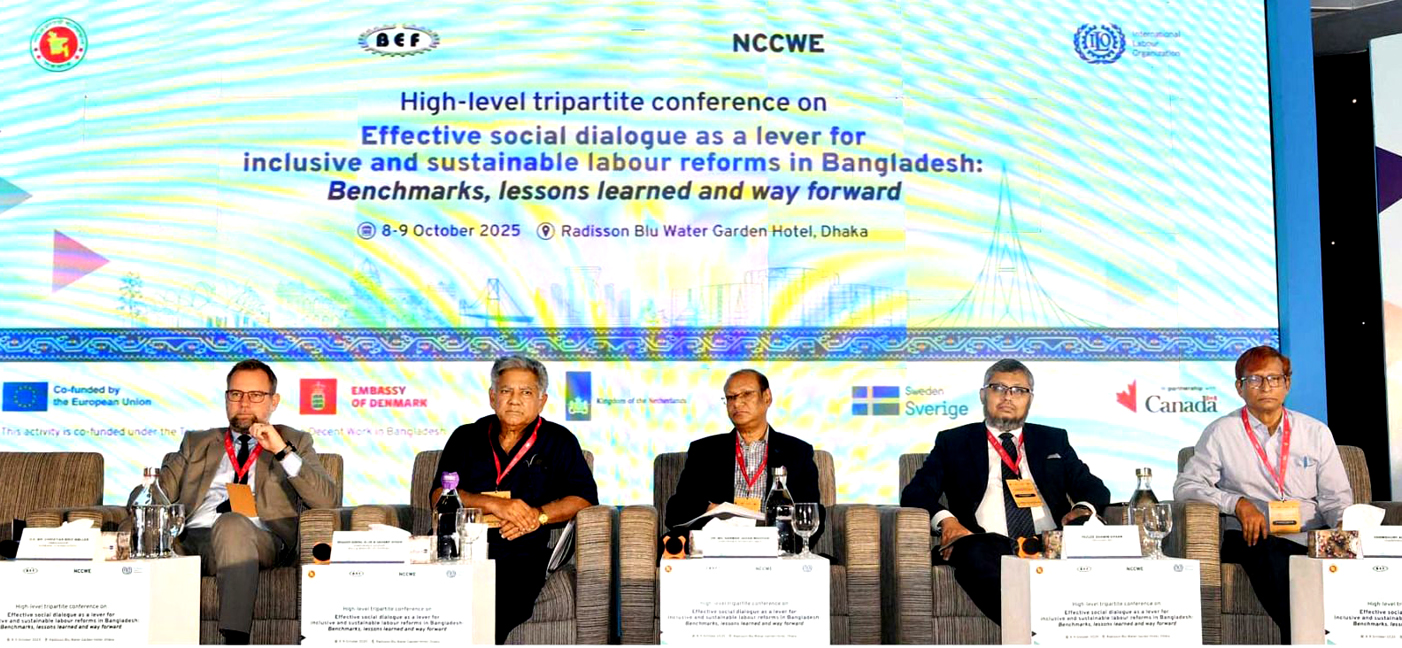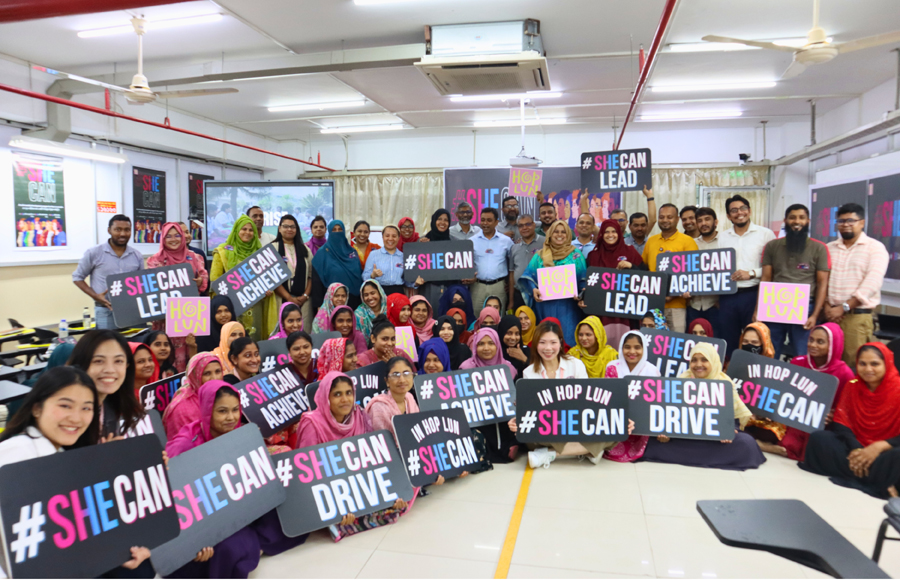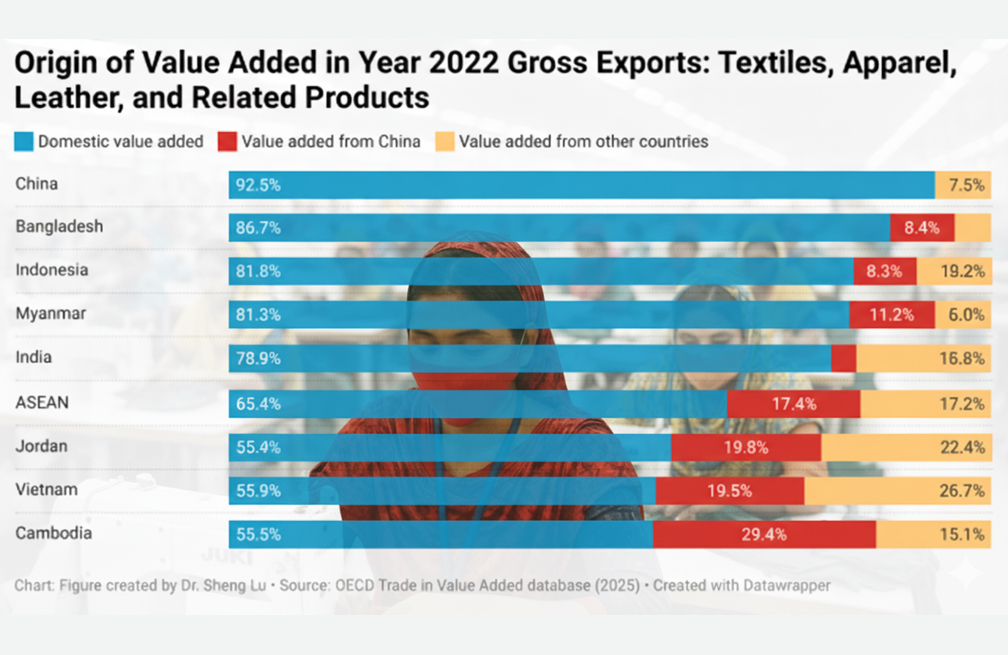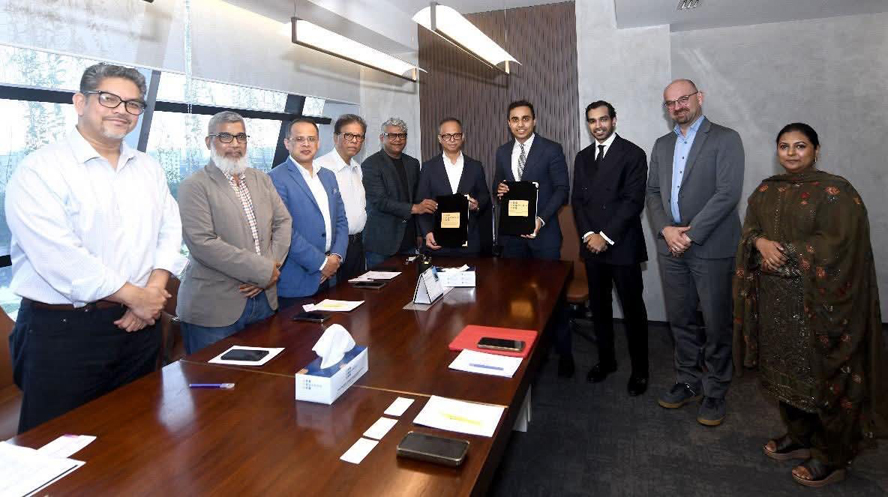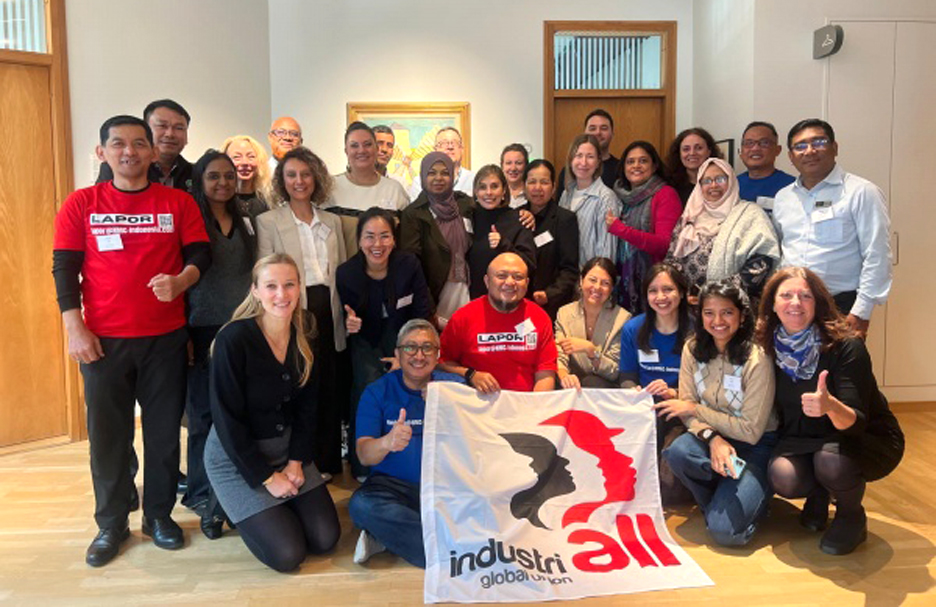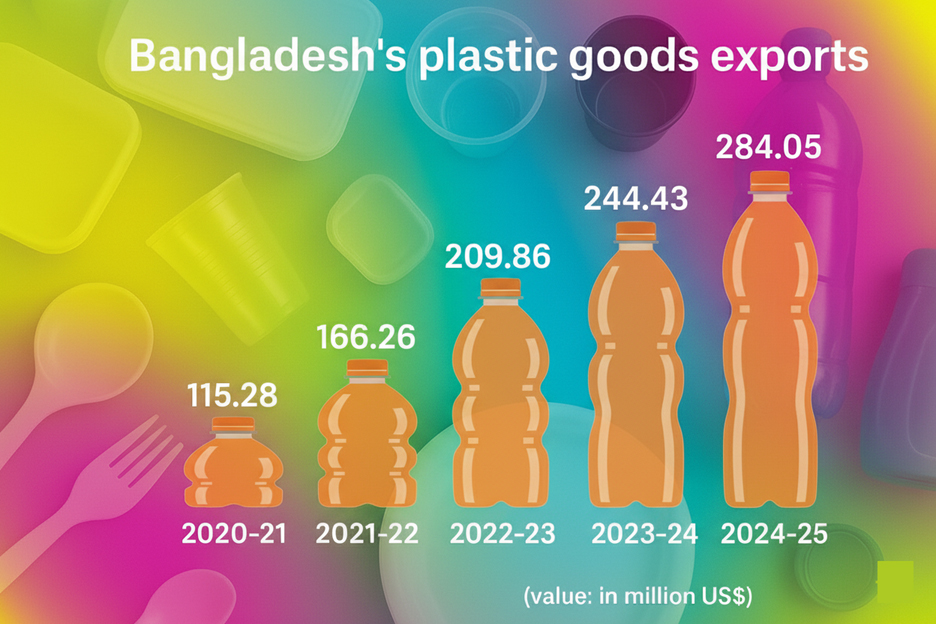The government has announced plans to ratify three International Labour Organization (ILO) conventions, covering occupational safety and health, its promotional framework, and workplace violence and harassment.
Conventions 155 and 187 address occupational safety and health and its promotional framework, while Convention 190 guarantees the right to a world of work free from violence and harassment.
‘After consultation with employers and workers, we have decided to ratify ILO Conventions 155, 187, and 190. Bangladesh will be the first country in South Asia to do so,’ labour ministry adviser M Shakhawat Hussain said on Wednesday.
He was speaking at the opening session of the two-day tripartite conference on ‘Effective Social Dialogue as a Lever for Inclusive and Sustainable Labour Reforms in Bangladesh: Benchmarks, Lessons Learned and Way Forward,’ held at a city hotel.
The adviser said that the government intended to amend the current Bangladesh Labour Act (BLA) within the month, noting that the amendments had been finalised in a meeting held that week and were expected to be incorporated into the BLA shortly.
He also said that, although it had been very challenging to bring all parties to the same table, they had ultimately reached a consensus.
The event was jointly organised by the ILO Dhaka Office, Bangladesh Employers’ Federation (BEF), Ministry of Labour and Employment, and the National Coordination Committee for Workers’ Education (NCCWE), in association with the Embassy of Denmark in Dhaka and the European Union.
The two-day conference aimed to share best practices from around the world on social dialogue to strengthen mechanisms for labour sector reforms in Bangladesh.
Speaking at the event, Christian Brix Møller, ambassador of Denmark to Bangladesh, identified three key challenges to effective social dialogue in the country: inactive tripartite bodies, the rarity of collective bargaining, and weak or fragmented workers’ organisations.
Highlighting the EU as Bangladesh’s largest export destination, Møller emphasised that social dialogue was critical for future stability and competitiveness.
He said that their trade relations depended on progress in labour rights and social dialogue, noting that the EU and its member states had supported labour rights and social dialogue in Bangladesh for many years.
Citing examples of progress, Mølle referred to the Labour Market Reform Commission and the 2024 harmonised industrial relations framework.
He explained that, although tripartite bodies existed in Bangladesh, they were frequently inactive due to the absence of functional institutions.
The ambassador also pointed out that the pending ILO complaint on freedom of association and the expiry of the National Action Plan for the labour sector were urgent concerns, and he called for action to remove barriers to unionisation in export processing zones and to prevent reprisals against workers.
Bangladesh Employers’ Federation president Fazlee Shamim Ehsan observed that social dialogue in Bangladesh was often hindered by unequal capacities, lack of trust and understanding, limited knowledge, and sometimes confrontational mindsets, which restricted the ability to move from confrontation to cooperation.
As a way forward, he recommended the institutionalisation of social dialogue at national, sectoral, and enterprise levels, capacity building for workers’ and employers’ representatives, fostering a cooperative culture, and aligning and replicating good practices appropriately.
Labour secretary Md Sanwar Jahan Bhuiyan, ILO Bangladesh Country Director (designate) Max Tuñon, NCCWE chairperson Chowdhury Ashiqul Alam, and others spoke at the conference, while Syed Sultan Uddin Ahmmed, chief of the Labour Reform Commission, presented the keynote paper.


